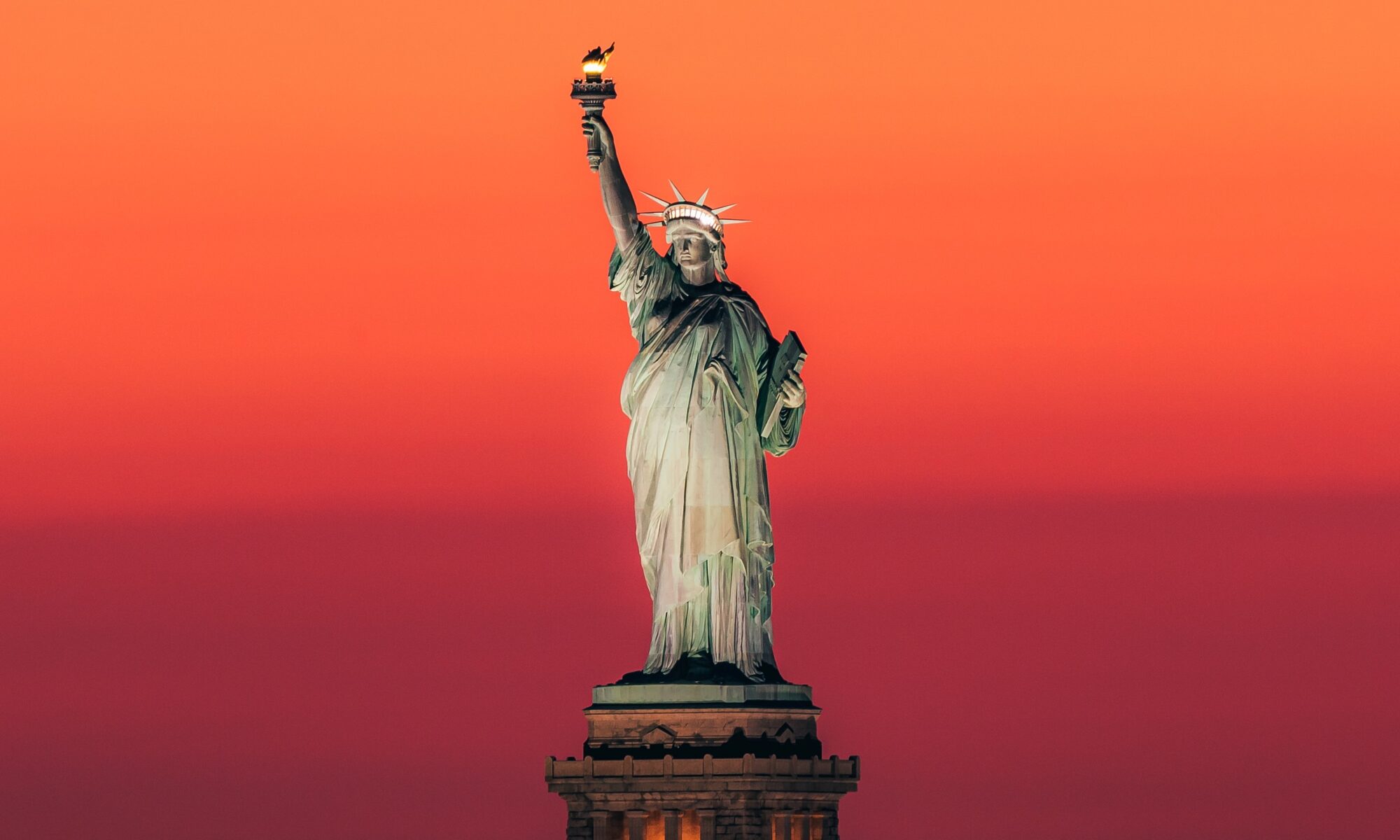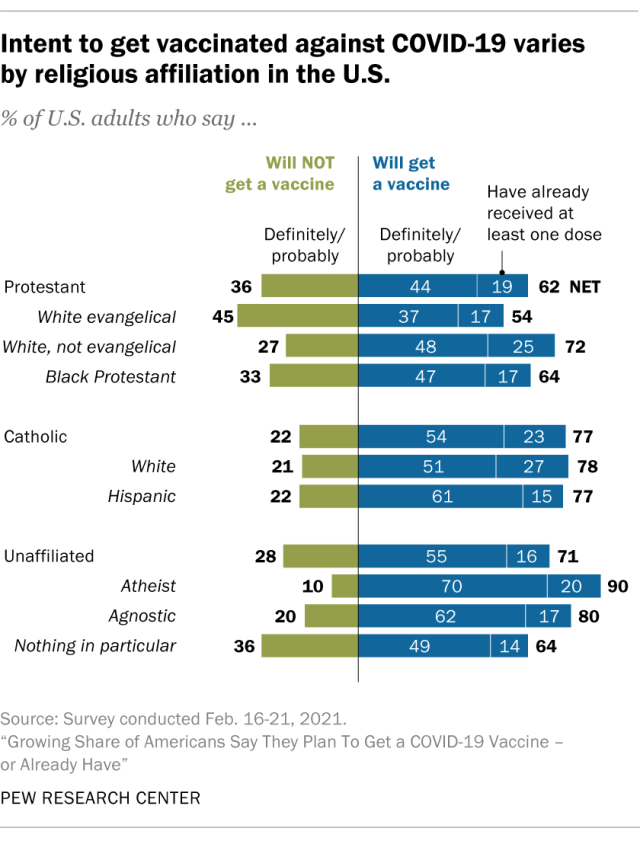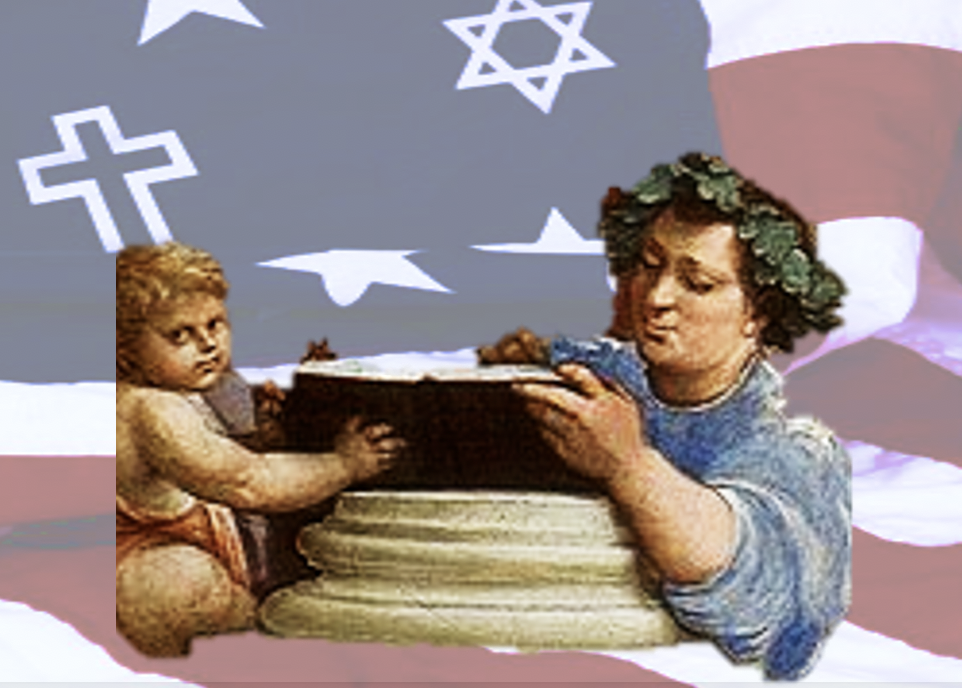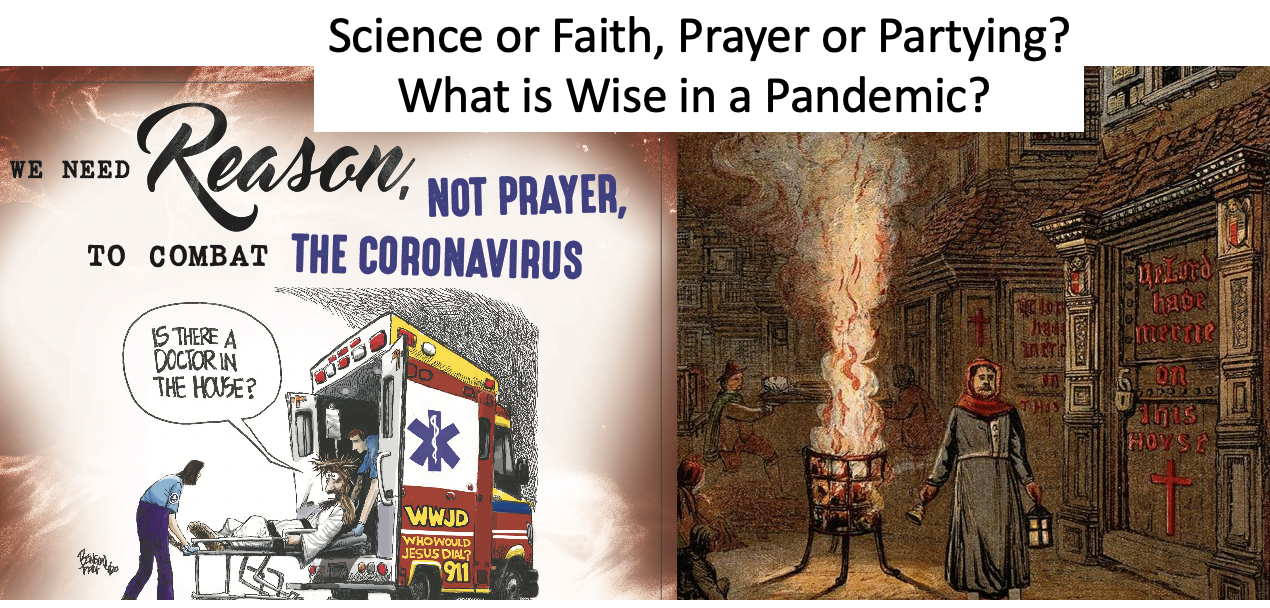Fresno Bee, September 17, 2022
The religious composition of the United States has changed significantly in the past 50 years. A new report from the Pew Research Center predicts that the Christian population will continue to shrink during the next half century. This is what happens in a world of religious liberty.
In 1972, 90% of Americans were Christian. Today only 64% of Americans identify as Christian. If the rate of change remains steady during the next 50 years, Pew predicts that the Christian population will be 46% in 2070.
Those who have left Christianity have mostly turned away from organized religion. Social scientists call this group “the nones.” When asked about their religious affiliation they say “none.” During the past 50 years, the nones increased from 5% in 1972 to around 30% today. If trends remain the same, five decades from now 41% of the population will be nones.
There are also non-Christian religious affiliations: Jews, Muslims, Hindus, Sikhs, Buddhists, and others. Those folks add up to about 6% of the population today. This combined group of non-Christians may increase to 13% during the next 50 years, if rates remain constant.
The result will likely be a country in which Christianity is no longer the dominant religion. Some may view this as a tragedy, especially those who maintain that America ought to be a “Christian nation.” But proponents of secular social and political systems will suggest that this is just the way that liberty works. If people are given the freedom to choose their own path through life, then we ought to see a profusion of lifestyles, affiliations and identities.
The Pew Center does not offer an explanation as to why all of this change began to occur after the 1970s. But such an explanation might include the fact that liberal interpretations of the First Amendment in the middle of the 20th century fanned the flames of liberty. School prayer was prohibited along with devotional Bible readings in the 1960s. The civil rights movement and changed immigration laws opened doors and eyes. A bigger, freer world emerged.
This does not mean that American secularism is opposed to religion, as some religious folks claim. The First Amendment framework is not antireligious. It protects the free expression of religion while preventing the state from creating an establishment of religion. This framework is good for religious people because it allows them to pursue their own faith in their own way.
But as liberty grows, a world of possibilities unfolds. This includes the likelihood that people will leave old traditions behind in order to make meaning for themselves in new and different ways. Lovers of liberty should celebrate our shifting religious demography. Religious switching is a sign of our freedom.
One of the great defenders of liberty, the philosopher John Stuart Mill, spoke of the importance of “experiments in living.” We need to be free to explore and experiment because no human being has a monopoly on truth. To believe something, we must experience it for ourselves. And if the old traditions no longer make sense, we should be free to create new ones.
Experimentation helps us discover new and better ideas. This process is also good for faith traditions. Competition in the realm of ideas encourages people to think more carefully about what they really believe and why they believe it.
Some people don’t like the marketplace of ideas. If your faith once had a monopoly, you may not welcome challenges to your dominance. You may resent new ideas and the liberty that allows them to be born.
Intolerance is “natural to mankind,” as Mill pointed out. Genuine religious freedom has rarely been practiced in human history. Bigotry and persecution are more common. Socrates and Jesus were both killed for opposing traditional dogma. The Protestants of Europe were persecuted by the old regime. Some fled to America, where they wrote religious tolerance into law.
In a world of liberty, nothing stays the same for long. We are creative and curious beings. Free people explore and innovate. Old traditions get left behind. Or they grow and adapt to the needs of the present. But the future belongs to the vitality of the experimental mind.
Read more at: https://www.fresnobee.com/opinion/readers-opinion/article265910211.html#storylink=cpy







